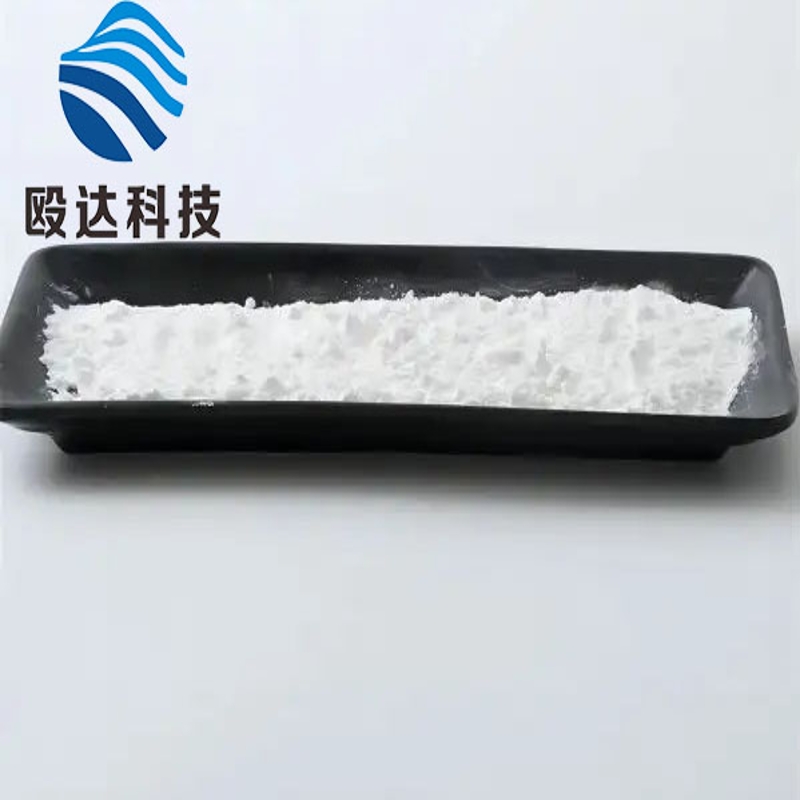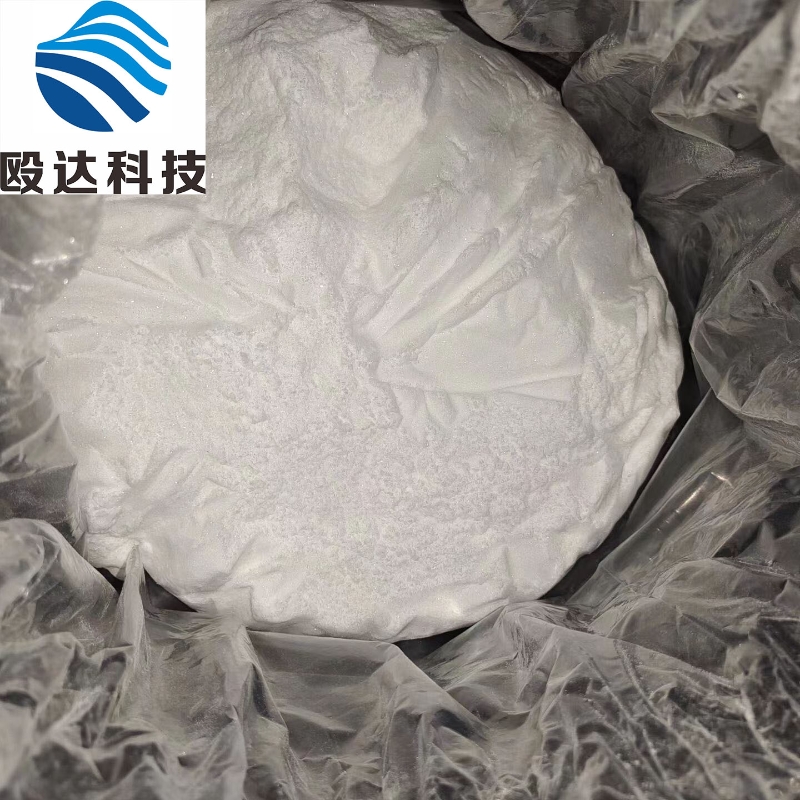-
Categories
-
Pharmaceutical Intermediates
-
Active Pharmaceutical Ingredients
-
Food Additives
- Industrial Coatings
- Agrochemicals
- Dyes and Pigments
- Surfactant
- Flavors and Fragrances
- Chemical Reagents
- Catalyst and Auxiliary
- Natural Products
- Inorganic Chemistry
-
Organic Chemistry
-
Biochemical Engineering
- Analytical Chemistry
- Cosmetic Ingredient
-
Pharmaceutical Intermediates
Promotion
ECHEMI Mall
Wholesale
Weekly Price
Exhibition
News
-
Trade Service
Ginger is often used as a Chinese medicine to treat chronic diseases such as asthma and arthritis due to its anti-inflammatory and antioxidant properties.
There have been studies that have found that ginger can mediate its anti-inflammatory effects by lowering levels of inflammatory cytokines and regulating the synthesis and secretion of coercive factors at the inflammatory site, leading to speculation as to whether ginger's anti-inflammatory active substances can be used to treat autoimmune diseases such as systemic lupus erythematosus and APS. Recently, researchers from the University of Michigan in the United States published in JCI insight, entitled Anti-neutrophils of natural gingerols in models of lupus, found that ginger root stems of the most abundant bioactive compound 6-turmeric alcohol has anti-neutrophil properties, can fight systemic lupus and APS autoimmune diseases in mice.
previous studies have found that neotrophil and neotrophil extracellular sterilization networks (NETs) play a key role in inflammation and thrombosis in autoimmune diseases such as lupus and APS.
APL in APS stimulates the release of NETs by healthy neophils, triggering the formation of autoantibodies and playing an important role in the pathogenesis of lupus and antiphospholipid syndrome.
The researchers tested the three active substances of ginger, 6-turmericol, 8-turmericol and 10-turmericol, for lipid polysaccharides (LPS) and phosphate (PMA) and lupus, because neutrogenic granulocytes can also be activated by immunopolytic complexes (RNP ICs) and other lupus-related stimuli to release NETs. Sore-related immunological substances activated the inhibition effect of NETs released by neophils, and it was found that 6-turmericol and 8-turmeric alcohols had a wide range of anti-NETosis (the process by which neophils produce and release NETs) and were able to effectively inhibit NETosis caused by lupus and APS autoantibodies at concentrations of 10μM.
Turmeric inhibits various stimuli caused by NETosis ginger has antioxidant properties, and most forms of NETosis require reactive oxygen (ROS), the researchers speculate that turmeric alcohol may inhibit NETosis by preventing the oxidation of neophil oxidation outbreaks, and have been found that whether it is LPS, PMA, RNP IC or APL stimulation, these three turmeric alcohols can inhibit the formation of H2O2 in neophils.
Turmeric inhibits reactive oxygen (ROS) In addition, the researchers tested the effects of 6-turmericol on the activity of phosphate phosphatase (PDE) in neophilic granulocytes and found that 6-turmericol reduced PDE activity by 40%, while significantly increasing the concentration of cAMP in cells and the activity of PKA, a protein kinase in neotrophils.
, the researchers further tested the therapeutic effect of 6-turmeric alcohol on lupus model mice.
found that after treatment with 6-turmericol, plasma NET levels and key antibodies such as antidsDNA, anti-beta 2GPI and total IgG were significantly reduced in mice, and the inflammatory factors IFN-γ and TNF-α also showed lower levels.
showed that 6-turmeric alcohol reduced the release of NETs and autoantibodies associated with lupus in mice.
lupus mouse model, 6-turmeric alcohol can reduce NETs release and autoantibodies form based on the fact that 6-turmeric alcohol inhibits APL-mediated NETosis in vitro, which researchers believe may also reduce APL-accelerated NETosis and thrombosis in the body.
further experiments, the researchers found that 6-turmericol was resistant to elevated serum NETs and increased blood clots caused by APL treatment, effectively inhibiting the formation of NETosis and venous thrombosis in the body.
pharmacogenetics studies have also shown that 6-turmericol can be quickly removed from plasma by converting it into a glucosalde glycoside binding.
are passionate about the study of natural medicines for rheumic diseases," said Ramadan A. Ali, the study's author.
if 6-turmeric alcohol is further shown to be an effective protector for humans, those with autoantibody diseases can benefit from this treatment.
”







